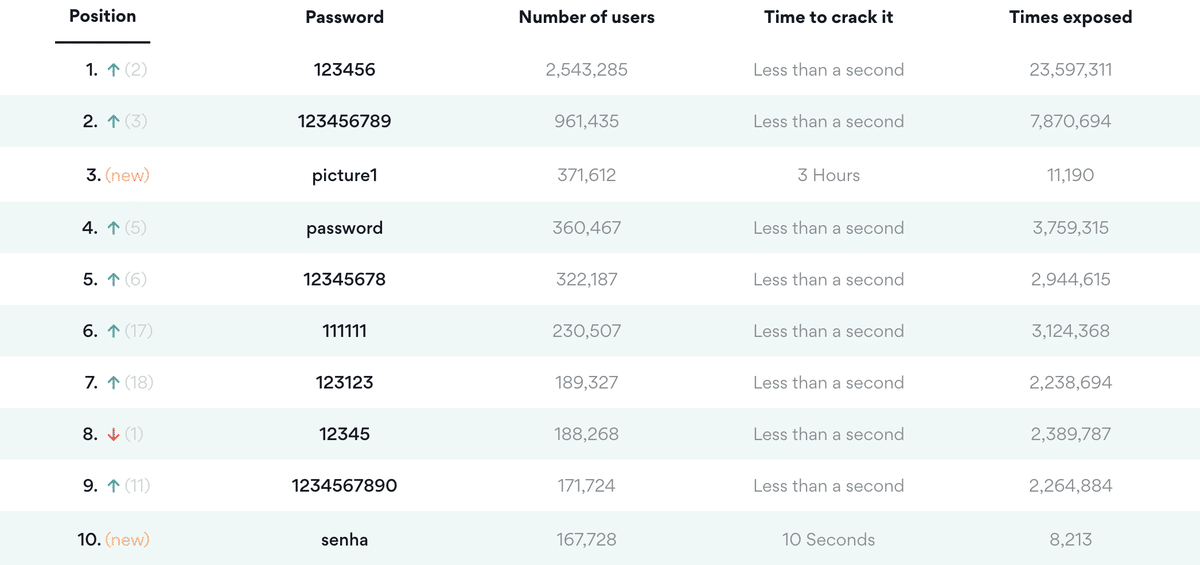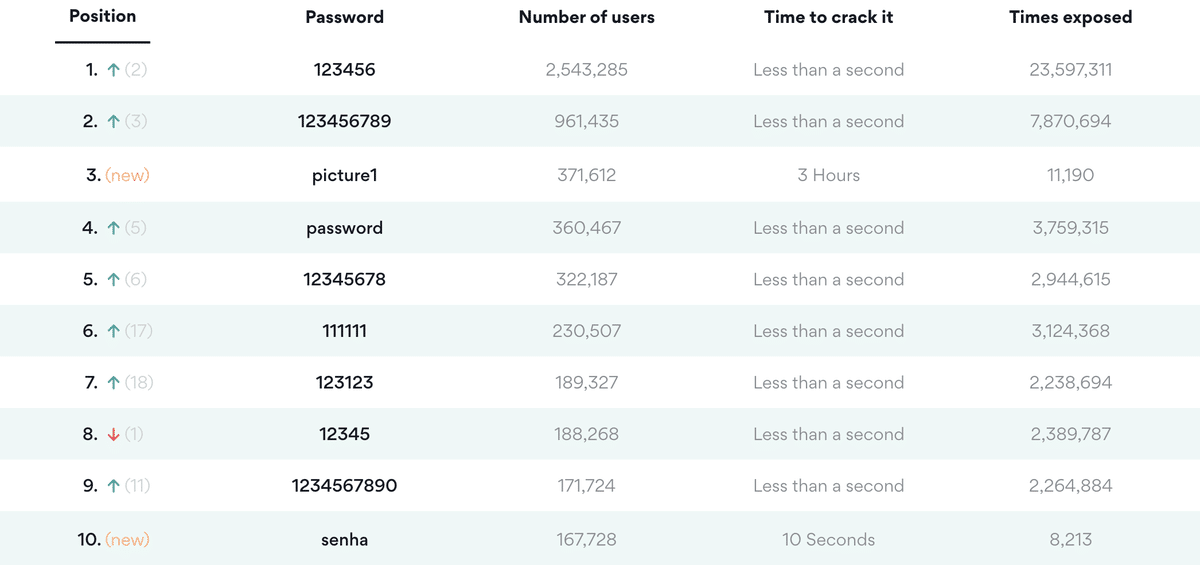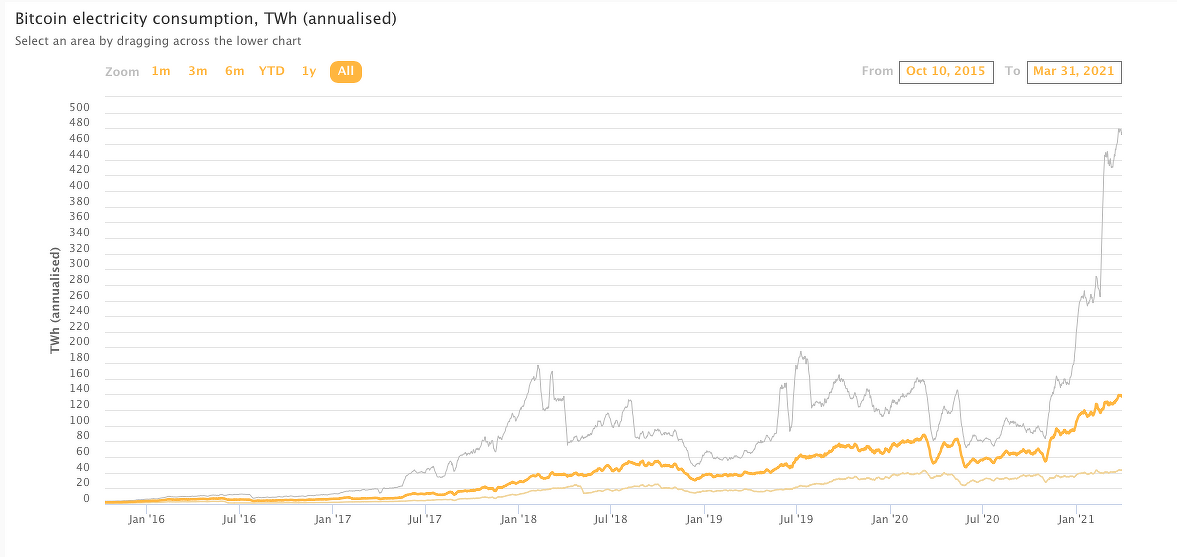Password security has always been a dismal affair, no matter how you see it. As the year 2020 is nearing its end, we wanted to show you whether password security has improved in recent years. Going back half a decade, the most imprudent passwords commonly included ‘123456’, or just ‘password’.
Fast-forwarding 5 years, such examples are still very much prevalent.
According to NordPass, the most common passwords are easy to guess. It probably takes less than a second or two for hackers to break into online accounts using widely-used credentials. This statistic was determined after analyzing 275,699,516 passwords, which were leaked during data breaches in 2020.
Only 44% of Passwords Were Unique
NordPass published its annual report on password security on 18 November 2020. The report found that the most popular options for passwords were ‘123456’, ‘123456789’, ‘picture1’, ‘password’ and ‘12345678’. Except for ‘picture1’, which would reportedly take more than 3 hours to decrypt using a brute-force attack, each password mentioned here would typically take seconds using dictionary scripts or just basic human guesswork.
After going through a list of more than 200 people for a survey on password security and related affairs, NordPass arrived at a daunting conclusion. People still seem reluctant to use strong, difficult-to-crack passwords. Instead, they’re more comfortable with options like ‘football’, ‘iloveyou’, ‘letmein’ and ‘Pokémon’.
Here’s a list of the top 10 most common passwords of 2020, based on NordPass’ dataset:

What You Should Do
When deciding on a password, avoid patterns or permutations like letters or numbers next to each other on your computer’s keyboard. We recommend adding special characters or uppercase letters, which can help make passwords difficult to crack.
Do not use personal information like birthdays or names in your passwords as such information can be easily obtained.
Take responsibility for your accounts. Although vendors need reminding that allowing simple combinations and permutations do nothing to protect privacy and security, users should act more responsibly.
If it is difficult for you to remember complex passwords for different accounts, consider using a password manager.

